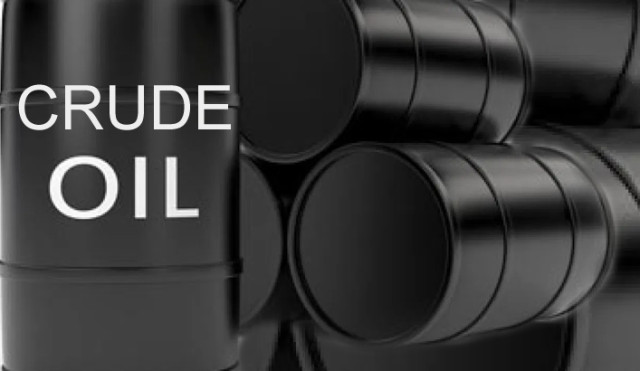Access to crude oil for domestic refiners, including modular refineries, has remained nearly nonexistent despite Nigeria's oil production rising to over 1.4 million barrels per day.
Consequently, refinery owners have urged the Federal Government to ensure that crude oil producers prioritize supplying domestic refiners before exporting the commodity.
This situation has created serious challenges for local refiners, preventing them from operating at full capacity and limiting their potential contributions to the energy sector.
The Crude Oil Refinery-owners Association of Nigeria confirmed on Thursday that producers have turned to imports for survival and to increase production capacity due to this issue. CORAN Publicity Secretary, Eche Idoko, mentioned in an interview that domestic producers within the supply chain have been sidelined.
He confirmed that for several months, no allocations have been received under the Domestic Crude Oil Supply Obligation framework or through any other special arrangements.
He stated, “Local refiners, especially the modular refineries, have not been receiving crude, I mean zero allocation, under the DCSO or any other special arrangement.”
The DCSO framework, a vital element of the Petroleum Industry Act 2021, outlines regulations and enforcement measures for local crude oil supply.
However, approximately 500,000 barrels of crude oil daily intended for domestic refining have been diverted to the international market as producers and traders prioritize quick foreign exchange returns over adhering to the policy.
Industry experts indicate that oil companies engaged in exploration and sale of crude prefer to sell to international traders for foreign exchange, disregarding statutory allocations designated for domestic refiners.
In response to this challenge, the Federal Government, via the Nigerian Upstream Petroleum Regulatory Commission, has banned the export of crude oil meant to satisfy the needs of domestic refineries in Nigeria.
NUPRC Chief Executive, Gbenga Komolafe, highlighted that redirecting crude oil intended for local refineries “is a violation of the law.”
He cautioned that going forward, the commission would deny export permits for crude oil shipments meant for domestic refining. However, producers contend that the domestic crude market may continue to remain elusive unless it is properly cleaned up.
The CORAN publicity secretary noted that many association members have resorted to private arrangements, including imports, to source products. Nonetheless, he expressed hope that the latest directive from the regulatory agency will be implemented.
He explained, “We have had to make private arrangements to source products. This has been a burdensome process, forcing most modular refineries to operate below full capacity.”
He further remarked, “We find the NUPRC directive to be quite encouraging, and we hope that the international oil companies will cooperate. None of the modules have benefited from the Naira for crude either. Only the NMDPRA has attempted to lower licensing costs, and we are very appreciative of that. It seems that more incentives are being offered to refined petroleum importers than to CORAN members who are heavily investing in the economy and helping support our currency against foreign exchange pressures.”
Despite the overall growth in production, these domestic producers remain marginalized within the supply chain, which further impedes the development and self-sufficiency of the local petroleum industry. The national officer also urged President Bola Tinubu and his economic team to focus on supporting domestic producers, especially modular refineries.
“We are appealing to Mr. President and the government’s economic team to please pay attention to local refineries, particularly modular refineries,” he concluded.
In a recent report, the NUPRC stated that the Dangote Petroleum Refinery and seven other local refineries will require 770,500 barrels of crude equivalent daily for processing in the first half of 2025 (January – June).
These refineries include the 10,000bpd OPAC refinery in Delta State, the 5,000bpd WalterSmith Refinery in Imo State, the 2,500bpd Duport Midstream in Edo State, and the 1,500bpd Edo Refinery in Edo State, among others. The NUPRC forecasted that the allocation would represent about 37 percent of the anticipated first-half 2025 average daily production of 2,066,940bpd.
The commission maintains that this target is achievable, as its Project One Million Barrels, launched in October 2024, has boosted the nation's capacity to produce crude for both domestic use and export.
The Petroleum Products Retail Outlets Owners Association of Nigeria recently alleged that oil producers are diverting the daily allocation of 500,000 barrels of crude oil that should be going to local refineries. The association made this statement while praising the NUPRC for prohibiting the export of crude oil designated for local refineries.
PETROAN expressed that this move is expected to enhance local refining capability, reduce the need for imported refined petroleum products, and alleviate the pressures on foreign exchange supplies.
Efforts to engage oil producers for comments through the Oil Producers Trade Section of the Lagos Chamber of Commerce and Industry were unsuccessful as officials remained silent on the topic.




















